Everyone is at risk for traumatic brain injury, but few are familiar with its causes and effects. Traumatic brain injury, or TBI, is an injury to the brain, usually a blow to the head, which disrupts brain function. Chances are, you or someone you love will experience a brain injury at some time. Here are some facts you should know about brain injuries.
Traumatic brain injuries are not uncommon. It is a common misconception that brain injuries are extremely rare, but sadly, that is not the case. It is estimated up to two percent of the population of the United States currently lives with a disability caused by a traumatic brain injury. In fact, traumatic brain injuries are the leading cause of death for children and adults between the ages of 1 and 44.
Civilians are at risk of traumatic brain injuries. It is true that our armed forces are at high risk for contact with explosive blasts which cause traumatic brain injuries. It is estimated that between ten and twenty percent of Iraqi War veterans are recovering from some form of traumatic brain injury.
Yet civilian children and adults are also at risk during the course of their normal lives. The leading causes of traumatic brain injuries are sports injuries, automobile accidents, and accidental falls. It is also common to receive a traumatic brain injury from a blow to the head, an assault, or exposure to a blast.
Not all traumatic brain injuries are the same. Brain injuries vary in range from mild to severe. A mild injury could include a slight loss of consciousness, while a more severe injury involves amnesia or a longer coma.
Traumatic Brain Injury can result in many physical and psychological symptoms. The symptoms can vary depending on the severity and location of the injury. They could include any of the following:
Physical symptoms:
headaches
difficulty coordinating balance
blurred vision in one or both eyes
milder vision problems
seizures
changes in sensory perception
trouble speaking and swallowing
changes in sleep patterns
lack of bowel and bladder control
changes in sexual function
motor impairment (trouble moving body normally)
Emotional Symptoms:
personality changes
difficulty forming sentences or choosing vocabulary
confusion
trouble communicating
difficulty with reason, focus and logic
memory impairments
depression
poor concentration
mood swings
limited attention span
disorientation
difficulty remembering conversations/forgetfulness
acting inappropriately
The right treatment can make all the difference. The road to recovery can be long, but the right treatment can address not merely coping with the symptoms but also healing the injury itself. At Bodyworks Wellness, we use a State of the Art technology called EEG Neurofeedback as well as specific neurological exercises and a special diet to address the physical and psychological symptoms of brain injury. Contact us today to see how we can help you.
